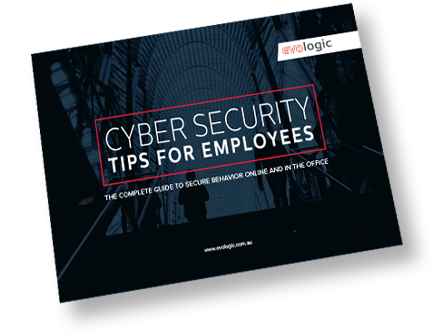What makes Small and Medium Businesses (SMBs) easier targets for cybercriminals? It’s because they usually invest comparatively less in cyber resilience than their larger corporate counterparts. According to Infosecurity Magazine, close to 30% of businesses experience a cyberattack at least once per week.
The 2020 Cyber Resilient Organization Study discovered that although the percentage of businesses that have adopted incident response plans has increased from 18% in 2015 to 26% in 2020, the ability to contain an actual attack dropped by 13%.
This is for two main reasons. First, businesses do not consistently test the threat-readiness of incident response plans and secondly, many of them use too many security products that hamper the ability to identify and respond to a cyberattack. It is here where a cyber resilience strategy can help organisations maintain business continuity by recovering from incidents faster.
Arm Your Business with Cyber Resilience
The cyberthreat landscape is evolving at lightning speed. Experts at the JD Supra Knowledge Center have predicted that a ransomware attack will occur every 11 seconds in 2021. The only way forward for businesses is to draft and implement a cyber resilience strategy featuring the following components:
Threat protection
By deploying efficient attack and risk management, you can easily take your business down the path of cyber resilience. Doing so helps you minimise risks that arise because of data leaks, data breaches or misconfigurations. Additionally, assessment reports identify key risk areas that require attention.
Adaptability
Cybercriminals are shapeshifters who constantly change their devious tactics. Ensure your business can adapt to emerging cyberthreats.
Recoverability
To quickly bounce back after a security incident, your business must have all the necessary infrastructure, including robust data backups. Conducting mock drills to understand employee readiness to counter cyberattacks is also important.
Durability
Your IT team can improve the business’ durability through constant system enhancements and upgrades, making sure your business stays a step ahead of relentlessly opportunistic cybercriminals.
How does cyber resilience protect your SMB?
By having your IT provider or IT department implement a cyber resilience approach within your business, you will improve security within each internal process.
Maintain business continuity
Cyber resilience ensures that operations are not significantly affected and business gets back to normal after a cyberattack as quickly as possible.
Reduce financial loss
The financial damage caused by a breach can be so severe that businesses can go bankrupt fixing the damage, especially when it results in lost clients or lawsuits from breaches of privacy. Cyber resilience keeps threats in check, reducing the chances of business disruption as well as limiting financial liabilities.
Meet regulatory and insurance requirements
Cyber resilience helps keep your business off regulatory radars by satisfying all necessary criteria. Also, complying with regulations can be beneficial to your business for cyber insurance claims.
Boost company reputation
Having cyber resilience by your side gives you better control in the event of a successful cyberattack. Blocking attacks and rebounding quickly after an incident can improve your business reputation with partners and clients.
Be prepared
Evologic can guide your business through drafting and implementing an effective cyber resilience plan. Start by contacting us here or call one of our friendly team members on 1300 887 778.


